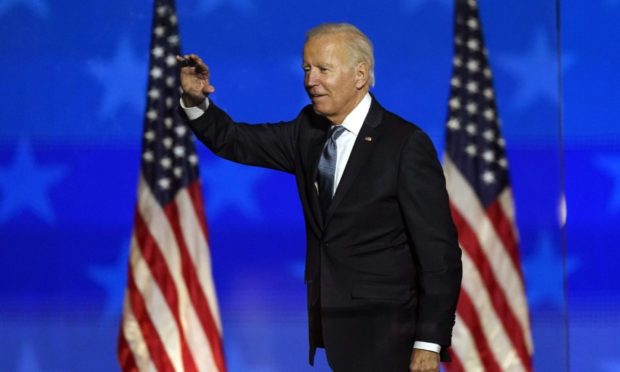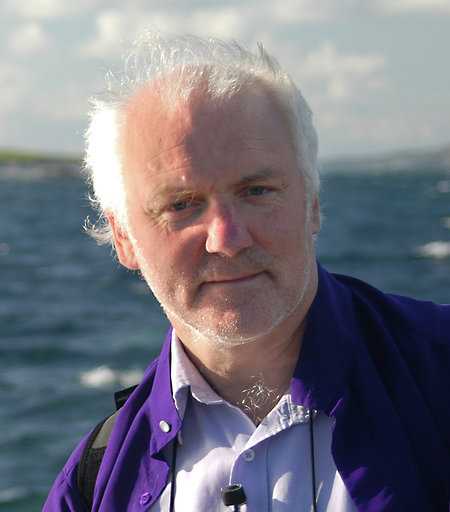Etienne Jacques Joseph Alexandre MacDonald, otherwise known as the 1st Duke of Taranto, was born this week in 1765 in Sedan in the Ardennes district of France.
His father, Neil MacEachen, who changed his name to MacDonald on his exile to France after the Battle of Culloden, was born in the small village of Howbeg in my native South Uist.
That journey from the machairs of Uist to the military heights of France is extraordinary in many ways, yet also just further proof of the long-established connections between Scotland and France, ever since the Auld Alliance was officially signed between King John Balliol of Scotland and King Phillip IV of France in 1295.
It was as much an alliance against a common enemy – England – as it was an alliance of friendship between Ecosse and An Fhraing. Though the subsequent trade and cultural ties magnified the alliance into a long-standing friendship.
Inevitably, religion played a central role in the relationship: Catholic France and (the later) Presbyterian Scotland played out a dynamic dialogue.
Although Mary Queen of Scots was born at Linlithgow, her upbringing was French. The name Marie Stuart carries with it a thousand resonances.
Almost 200 years after her execution in 1587 the same struggle was being carried out under the banner of Jacobitism.
The Battle of Culloden brought that particular venture to a brutal end. It may seem long ago, but it has lasted in folk memory.
I remember talking some years ago to the great Gaelic poet Sorley MacLean, who told me of folk he knew in Lochalsh who remembered people who had talked to those who had seen the houses in Raasay on fire when the Redcoats were rampaging through the Highlands after the ’45.
The atrocity was only a few steps away.
Neil MacEachan from Howbeg is famous in history as the friend and servant who accompanied Bonnie Prince Charlie, disguised as ‘Betty Burke’, and Flora MacDonald over the sea to Skye on their escape from Benbecula, and on to France.
It’s important to remember that Neil MacEachan wasn’t just an untutored peasant from Uist with peat growing out of his wellingtons. Fluent in French, English and Gaelic, he was tutor to the Clanranald children (the children of the chief) and had studied for the priesthood at the Scots College in Paris.
Once exiled to France after the ’45, he fell, like many other Jacobites, on hard times – his wife took on laundry and cleaning jobs for them to survive – dying in poverty and exile far from the white shores of his Uist childhood in 1788.
His son, Étienne Jacques Joseph Alexandre MacDonald, almost became Emperor of France himself, though the job was then claimed by Napoleon.
MacDonald served him with distinction, and in his memoirs gives a moving account of the last time he saw Bonaparte, before his exile: “He was seated before the fire, his feet in slippers, his head buried in his hands and his elbows resting on his knees.
“The Emperor seemed to wake from a dream and to be surprised at seeing me.” Ten years after Waterloo, MacDonald made a once-in-a-lifetime pilgrimage back to his father’s birthplace in South Uist.
It was, of course, a marvel to the people, many of whom would have fought (on the other side) in the long Napoleonic Wars.
He gives a moving account in his diary of visiting his father’s people: “In Uist, are welcomed by a quantity of MacDonalds. I meet an elderly spinster who shed tears of joy. She is my first cousin.”
The relationship to our homeland is a complicated topic. Ireland, rightly, is rejoicing in having one of its sons, Joe Biden, as the US president-elect.
He has Irish roots on both sides of the family, going back to his great-grandfather, James Finnegan, who emigrated from County Louth as a child in the 1850s.
Yet the incumbent president, our own Donald John Trump, has an even stronger direct connection: his mother, Mary Ann MacLeod, was born and brought up as a Gaelic speaker on Lewis from 1912.
Maybe it’s not so much that we celebrate achievement or position unreservedly, but celebrate an integrity that goes with it.
Whatever the folk of Uist might or might not have thought of Bonaparte, they were proud of this son of the machair because he had not sold out on his own father’s courage and enterprise and integrity.
It’s a two-way relationship. You can only love that which you respect: where you’ve come from as much as where you’re going.
Angus Peter Campbell is an award-winning writer and actor from Uist

